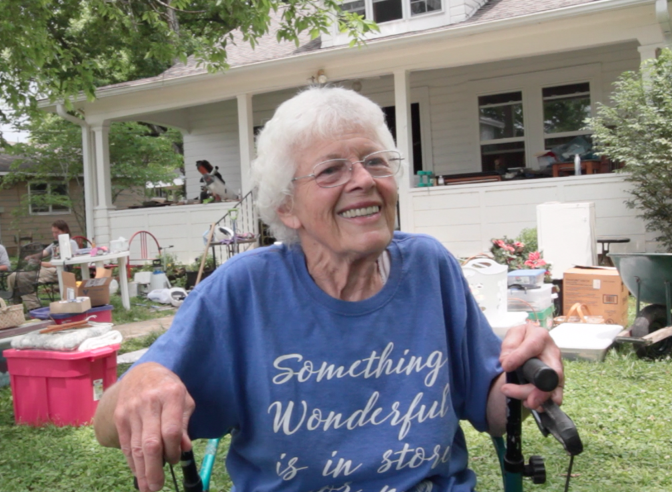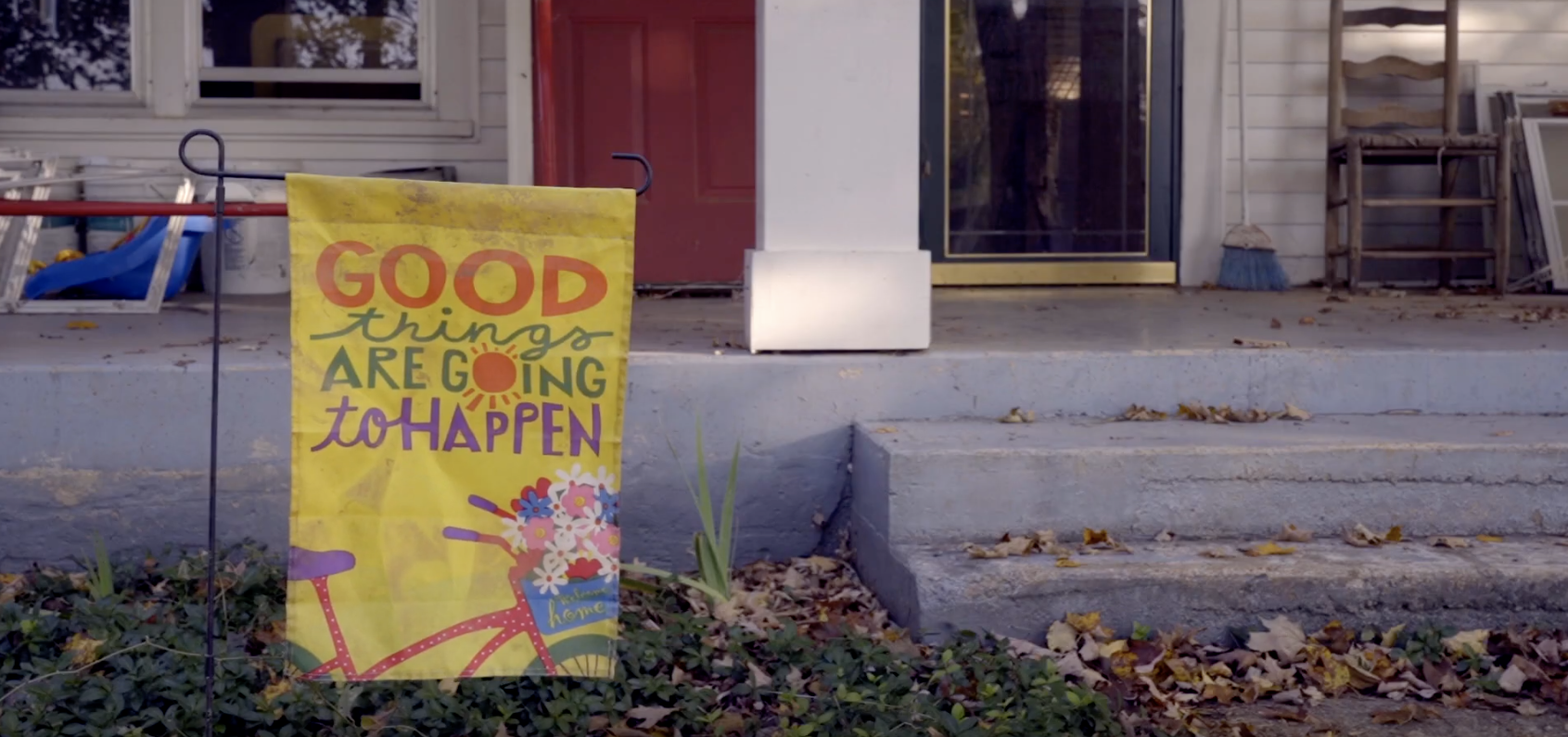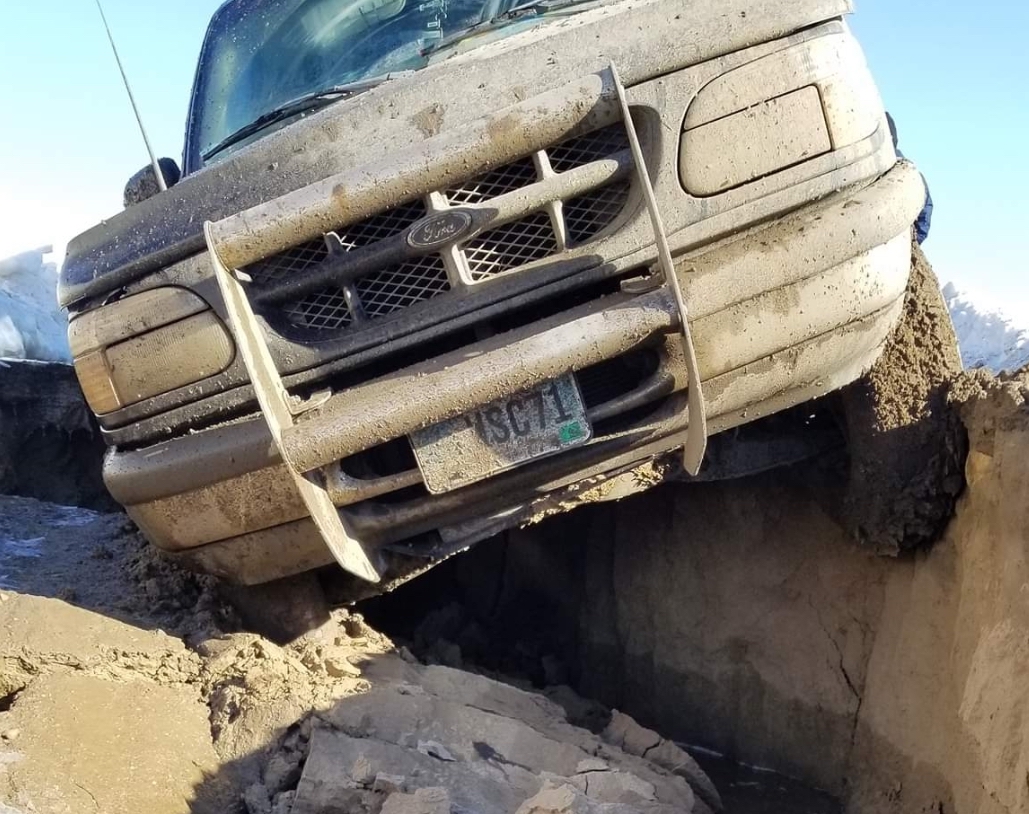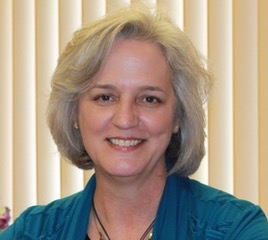Nine “First Things” to Know About Emotional and Spiritual Care Following Disasters
Introduction by Nancy Beers, Early Recovery Fund Director: When you look at the heartbreaking images following a disaster, how closely do you look? No, really. There’s standing water surrounding unlivable houses. Personal property strewn for miles. Yet, a closer look reveals the stress in the eyes of the man, his wife, his children – their home destroyed by a natural disaster. Do you see the sheer exhaustion […]


Introduction by Nancy Beers, Early Recovery Fund Director: When you look at the heartbreaking images following a disaster, how closely do you look? No, really. There’s standing water surrounding unlivable houses. Personal property strewn for miles. Yet, a closer look reveals the stress in the eyes of the man, his wife, his children – their home destroyed by a natural disaster. Do you see the sheer exhaustion of dedicated, tireless workers helping individuals and families return to a “new” normal? As funders, an appreciation for the emotional and spiritual well-being of disaster survivors and workers tackling the long road to recovery means we’re all likely to be more compassionate. We are grateful to Mary for helping us better understand why this work is so important as we look for more creative ways to support this critical part of everyone’s recovery. Read on for Mary’s nine things to know about emotional and spiritual care following disasters:
From small disasters to catastrophic incidents affecting thousands, a tremendous amount of early interest and energy turns toward restoring basic food, clothing, shelter and infrastructure. Yet, less visible emotional and spiritual needs directly impact both survivors and disaster workers. Here are nine “first things” to know about emotional and spiritual care.
- Wise communities recognize the importance of disaster emotional and spiritual care needs throughout response and long-term recovery.
We are spiritual and emotional beings. When disaster strikes, and we face the unimaginable, our fundamental needs for meaning, purpose and hope are challenged. Because our emotional and spiritual well-being is directly tied to both our physical health and our ability to move through recovery, communities are encouraged to weave responses to emotional and spiritual care needs throughout the fabric of response and recovery efforts.
- Disaster responders should start with the basics.
It’s about the people we serve, not the needs of disaster responders or response agencies. The ministry of presence — simply being fully present with others in the midst of their struggles — is primary. Listenmore than you speak. Be respectful. Remember the power imbalance between disaster responders and those we serve (more in #8 below).
- Do no harm.
Even good intentions can cause spiritual and emotional harm if we are not sensitive to cultural, developmental, religious and other diversity concerns. Be aware that responders may work with persons from faith traditions different from their own. Ask yourself, “would I want someone of another faith to try to impose their beliefs on me – especially if I had just experienced a crisis?”
- Emotional and spiritual needs following disasters are somewhat familiar but also unique.
Crisis and high stress situations are common to the human experience, disrupting one’s sense of safety, meaning, purpose and hope. Following disasters, stress and grief are amplified by the sheer intensity and scale of losses. Loss of life, homes, familiar places, familiar institutions and infrastructure can overwhelm the capacity of an individual or local community. For more information about common responses to disaster and trauma, click here.
- Our responses to emotional and spiritual needs following disasters are somewhat familiar but also unique.
As a part of their day-to-day work, faith communities, social services and behavioral health specialists regularly assist people in crisis. Familiar skills such as offering a non-judgmental presence, active listening and offering appropriate prayer and religious ritual can be applied to the disaster settings.
However, in disasters, some providing care will be surprised by the complex, often unfamiliar array of disaster response agencies. Faith leaders may refer survivors to another faith community rather than their own and might not even use religious language as they offer care. For more information about how to respond, click here.
- Disaster responders can also feel the effects of cumulative and traumatic stress.
The National Voluntary Organizations Active in Disaster (VOAD) Spiritual Care Points of Consensus document says it best:
“Providing spiritual care in disaster can be an overwhelming experience. The burdens of caring for others in this context can lead to compassion fatigue. Understanding important strategies for self-care is essential for spiritual care providers. Disaster response agencies have a responsibility to model healthy work and life habits to care for their own staff in time of disaster. Post-care processes for spiritual and emotional care providers are essential.”
- All disasters are local; the conversation is national and beyond.
Existing local support systems provide a primary resiliency factor and are crucial to any emotional and spiritual recovery following disasters. The conversation about emotional and spiritual care is so important that National VOAD created an Emotional and Spiritual Care Committee which brings together knowledgeable leaders with vast experience in disaster care, many of whom continue to work at local levels. These responders have developed resources, ethical standards and operational guidelines regarding disaster emotional and spiritual care. For more information, click here.
- At the core of our response is respect and sensitivity to the power imbalance. Response is about the people we serve, not our own need to respond.
“Respect is foundational to disaster spiritual care. Spiritual care providers demonstrate respect for diverse cultural and religious values by recognizing the right of each faith group and individual to hold to their existing values and traditions.” (National VOAD Disaster Spiritual Care Points of Consensus, #8)
“People impacted by disaster and trauma are vulnerable. There is an imbalance of power between disaster responders and those receiving care. To avoid exploiting that imbalance, spiritual care providers refrain from using their position, influence, knowledge or professional affiliation for unfair advantage or for personal, organizational or agency gain.”(National VOAD Disaster Spiritual Care Points of Consensus, #9) Read more here.
- You don’t have to reinvent the wheel, just know where to find the keys.
There are more than 9 things to know about disaster emotional and spiritual care. To learn more:
- Contact your state Voluntary Organizations Active in Disaster. Every state and territory within the U.S. have a VOAD.
- If your state VOAD doesn’t have a designated Emotional and Spiritual Care Committee, you can always contact the National VOAD Emotional and Spiritual Care Committee.
- National VOAD has established guidelines for training and credentialing. Click here for more information.
The ability of communities to come back from disasters relies on people. When great care is taken with their emotional and spiritual well-being – and that of disaster responders – hope, health and resilience can be restored.
More like this

Voices of Recovery: Empowering Rural Communities

